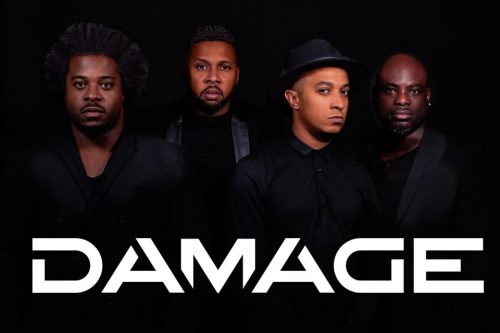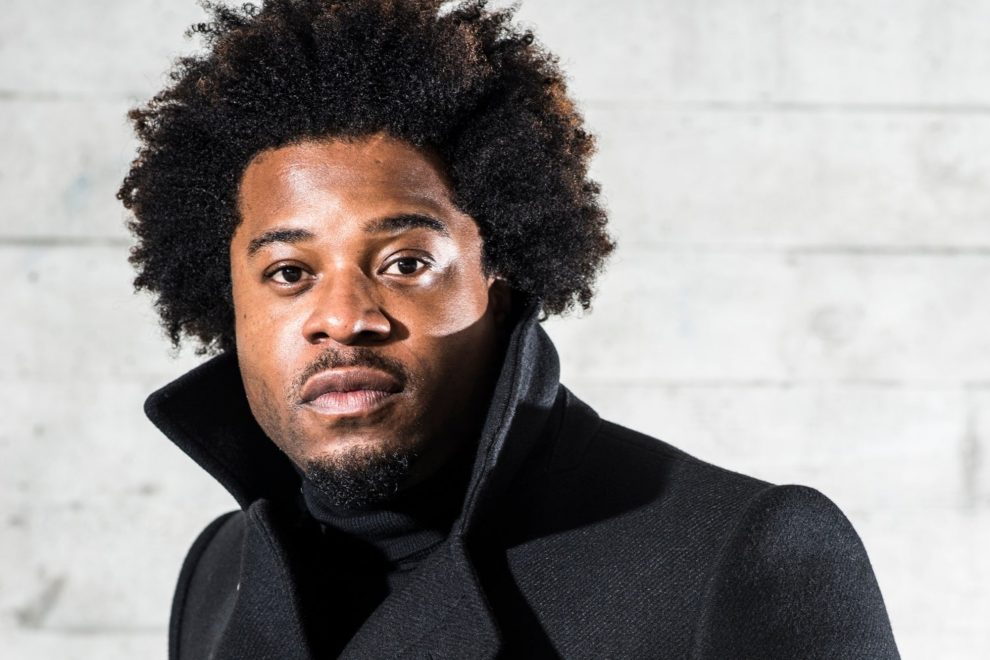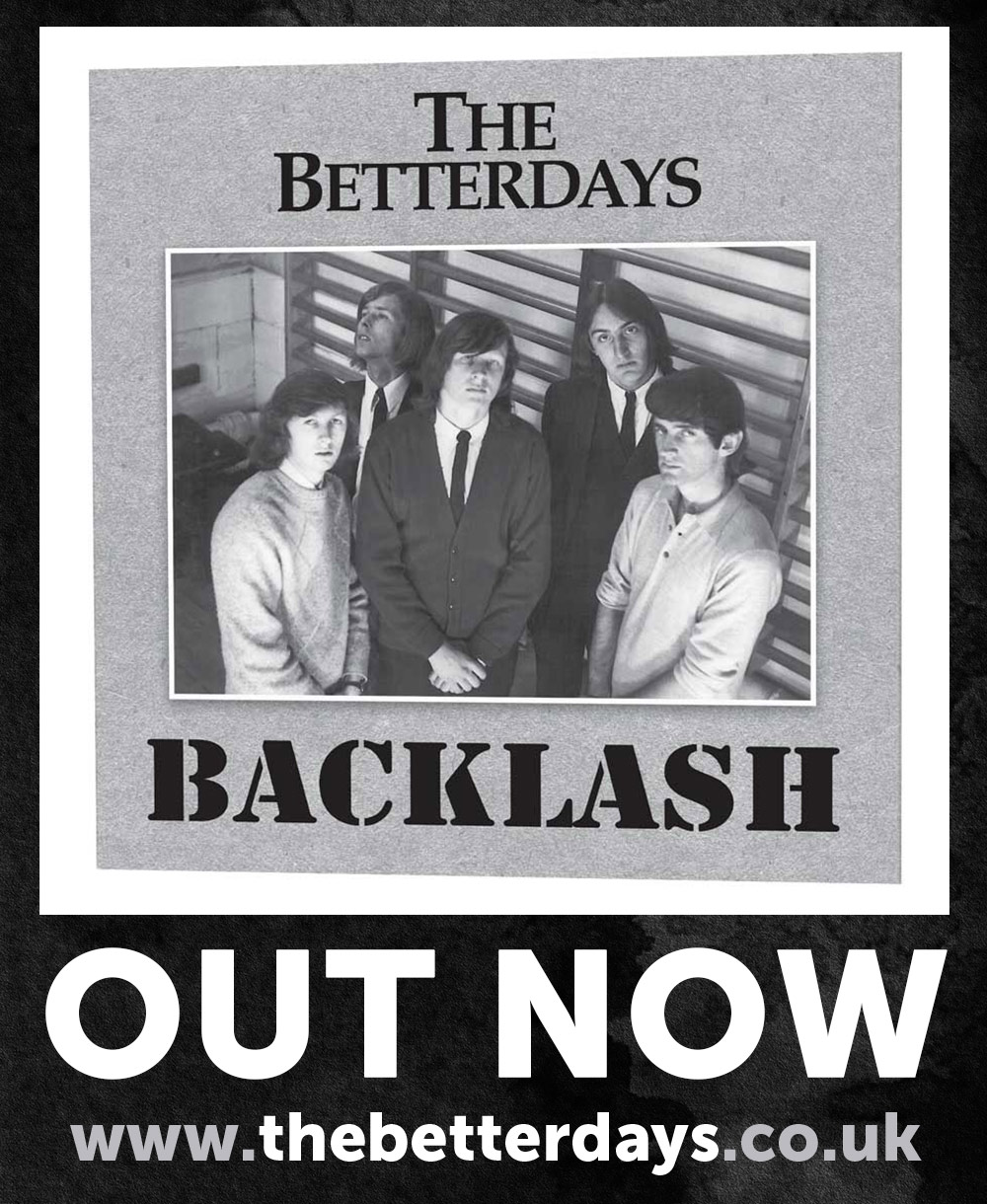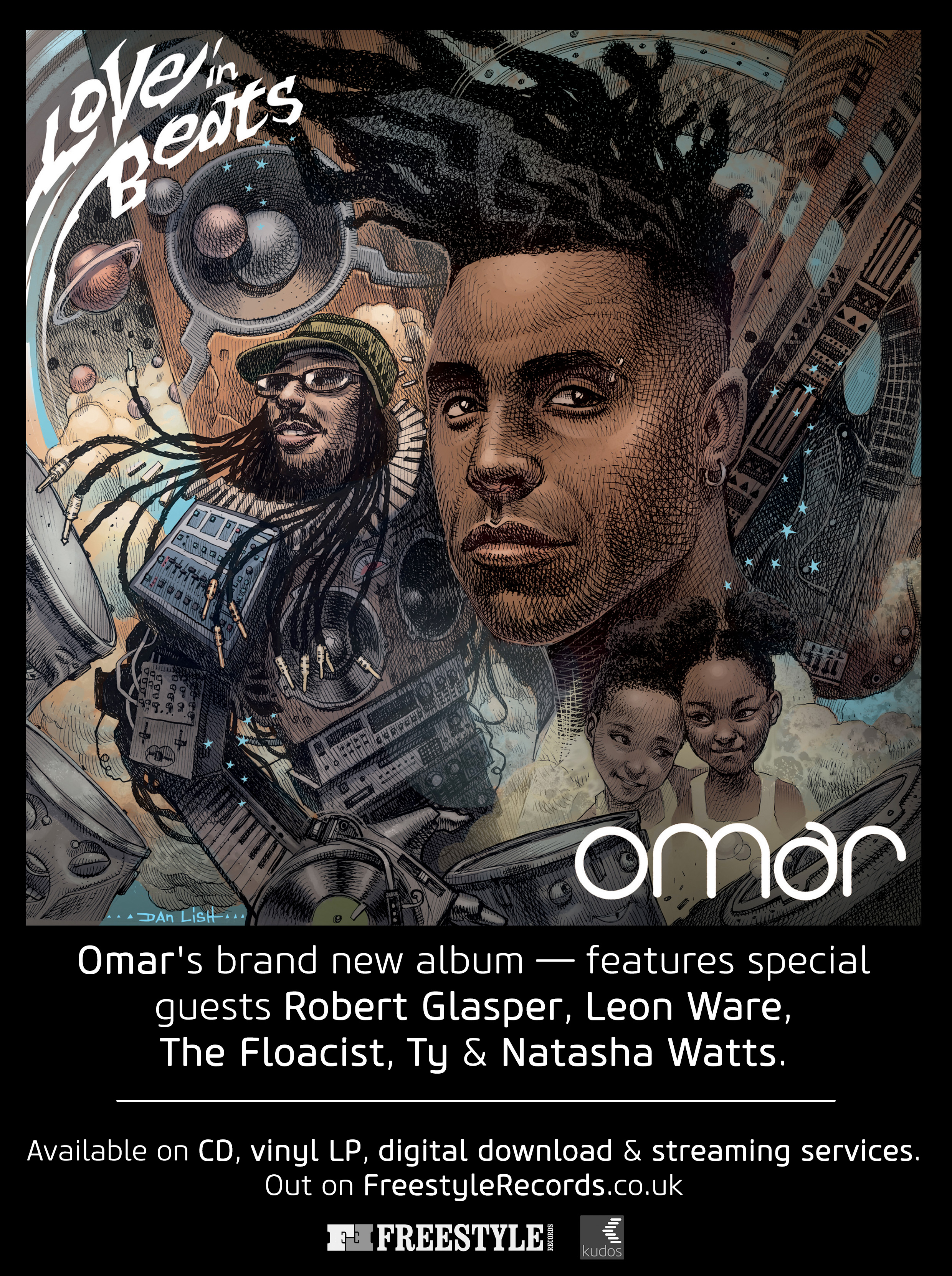Andrez Harriott is a member of the UK R&B and pop “boy band” Damage who have sold close to three million records and performed to more than a million people.
They kick off a major UK tour today (14th Feb) “The Boys Are Back” – with fellow 90s boy bands 5ive, A1 and 911.
Damage was one of the first boy bands to bring an Urban flavour into the mix, and they scored eleven hit singles – including four top 10 entries.
With 11 hit singles under their belt, they split in 2001, but reformed for the 2014 TV documentary “The Big Reunion”. Now a four piece, with original members Jade (Baby Spice Emma Bunton’s partner), Rahsaan, Andrez & Noel in the line-up.
But away from the stage and recording studio, Andrez has worked with tens of thousands of children in a much more serious field – as a highly respected criminologist.
Seven dates into the mammoth 35-date “The Boys Are Back” tour, Andrez will kick off his own nationwide schools tour with his ‘other job’.
Visiting communities in less advantaged areas of the UK throughout February and March, to host “Engage, Influence & Inspire” workshops in a bid to to inspire positive change against knife crime, gangs and bullying among young people.
Delivering strong deterrent messages based on real life stories from the young people he works with in prisons.
Saving lives…
Andrez Harriott BSc, PgCert, PgDip and MA has a unique and inspiring story of his own. As CEO and founder of the organisation The Liminality Group, he makes a real difference to young people’s lives on a daily basis – and in some cases has saved lives.

A qualified Criminologist, Sociologist and Organisational Consultant, he works with hundreds of children and staff within schools and custodial institutions across the UK.
Throughout February and March, Andrez will be visiting schools in 15 towns and cities, working with children aged 13-16 who have been identified as being at risk of permanent exclusion, involved in anti-social behaviour, gangs, exploitation, “county lines” drug crime, knife crime and offending.
For those who may not be aware of the term “County Lines”, it is what the police and authorities call the routes used by drug dealers in main cities, to export drugs to rural areas.
Often using young children as young as seven drug “mules” who have been groomed, highly vulnerable, they often disappear for weeks at a time to work illegally for the bigger dealers. It is a major growing issue for police forces across the UK to combat.
The Children’s Commissioner has said there are at least 46,000 children in England who are involved in gang activity. More than 4,000 teenagers in London alone are being recruited through child criminal exploitation, or “county lines”. Frightening statistics.
The school’s tour stars in Northamptonshire on 24th February and ends in Brighton on 27th March, and will share the life experiences of the children currently remanded or sentenced within the UK, as a deterrent to those who are most at risk.
Andrez EXCLUSIVELY tells Music Republic Magazine the gritty details of his work helping those vulnerable young people most risk, and his faith and hope that with the right will and approach, many young lives can be changed for the better and diverted away from gangs, crime, incarceration and even death.
He talks in depth about what some call an epidemic of street knife crime, and how to save those kids trapped in gang culture and exploitation by ruthless and dangerous drug dealers.
___________________________________________________________________
Ask Andrez:
What first drew me into the world of criminology, after life in in a boy band?
After traveling the world with the band, I came back to London and realised that people I attended school with had taken various paths in life.
Some were doing well with their families and had amazing careers, some had been in and out of jail and some unfortunately were no longer alive.
I decided to dedicate my time to working with children who were at risk of becoming involved in crime, and I never looked back.
Damage ended in 2001 and I began working within the youth justice field in 2004/2005.
Stephen Lawrence murder
I grew up in South East London and attended a school very close to where Stephen Lawrence was murdered. This had a profound impact on me, I realised that justice was not the same for everyone.
I also remember the murder of James Bulger and how this changed the way we looked at children, which still remains. These are the two incidents which changed my personal trajectory and led me into wanting to understand more about why children commit crime.
As regards if there any transferable skills from life as a pop singer, to that of a criminologist.
Many. Mainly, I am able to think outside of the box. This helps my organisation to create and design interventions for children, without limits.
The UK schools’ tour in February and March 2020 will be exploring the consequences of crime
Letters from inside…
The sessions are titled ‘Letters from inside’, which are real stories from children currently in prison, which will be used as a deterrent for those who are at risk of or already involved in criminality.
In response to the question of how big a problem do we have in the UK as regards children being suspended and expelled from schools.
For 80% of those children who are excluded, it will be during their secondary school years – mainly for persistent disruptive behaviour. This is a problem, as exclusion at this stage will significantly impact their future.
So why is it such a big problem today? Lack of discipline? Social media? TV/movies? Lack of parental guidance or “control”? Poor role models? We as a society took our finger off the pulse with children and have allowed them to see and hear far too much at a young age.
So all of the above are true, but we must stop blaming others and look at ourselves as adults, and recognise that we have not been looking after the children the way we should have been.
Do some music styles and artists, such as drill, grime and hip-hop/rap perhaps play a part in encouraging bad behaviour, anti-social behaviour and violence?
It cannot be blamed on one genre. If you listen carefully to Drill, Rap and Hip Hop, you will hear the voices of people who are consistently suffering and living in very challenging environments.
If we go down this route of blaming a genre, then we should also blame Facebook, Google, YouTube, film companies, the BBC etc for giving children access to content which is not suitable for them.
I think it is important to recognise that this is bigger than one artist or music video. Very simply, we have a problem with violence, drugs and crime in our society. This is not new, so we should be asking what we can do strategically to address these issues, rather than being lazy and blaming individuals.
The typical imagery of gold jewellery, diamond-encrusted watches, flash cars, designer labels on clothing, expensive champagne, wads of cash, scantily clad model-type girls etc. often seen in music videos and photographs in the drill, grime and rap genres, may put the idea into the heads of many of these youngsters that they can get that stuff if they want to, by all and any means.
This is true but again, if we focus on this then we must also look at the film stars, CEO’s of global organisations, athletes, politicians and many others who all show their wealth in similar ways. This is also damaging to children in impoverished environments.
Then they are vulnerable to being exploited by the drug dealers who prey on their desire for those riches. Is this an issue you are aware of from the kids you have worked with?
Yes, exploitation does occur, but we must ask the questions that matter in order to find solutions and support these long-term to see changes.
Cocaine and heroin…
Always remember that drug dealers in the UK mainly sell products which are not grown in the UK, i.e. cocaine and heroin. Maybe we should explore how this is possible, as this trade results in children being exploited.
So how do you really get the message across to kids about not getting into gangs and that culture?
We can only do so much; but being honest with them about the risks is key. Many find out when it is too late.
Is carrying a knife perhaps becoming as normal as picking up their mobile phone for many youngsters today?
Let down by adults…
For some children, yes. However, many children have been victims of serious assaults and felt let down by adults following the incident, resulting in them carrying weapons to keep safe in the future. This is not an excuse, but a reality for some.
If you were in the Government and had unlimited resources, how would you halt and eradicate the knife crime epidemic on our streets?
Huge question! Very simply, long-term funding for the interventions and staff who can evidence impact.
In your work with the young people, what is the main reason they give for carrying a knife? Protection or because everyone else does? Or something else?
There is so much fear…
This is a very complex issue………. There is so much fear within young people. Protection, yes, but also many other factors.
Are the police doing enough on knife crime? Are the sentences enough, inappropriate or too harsh?
Stop and search is one method, but tackling the real causes such as poverty, lack of opportunities etc will help to divert more children away.
Prison sentences are a deterrent, but more work needs to be done earlier to prevent children getting involved initially.
Are the politicians doing enough on knife crime? Or on the County Lines issue/drugs issue in general?
We need a cross-party, sustained approach to this issue. When we politicise this issue, we all lose. We must see this as an epidemic and treat the causes and virus appropriately.
We must also think, once we have discussed the issues how do we fund long-term services to bring about significant change.
So, what will it take before street knife crime is under control? It will take everyone to own this as a national issue and commit to seeing change. Is it out of control or heading there, in your view?
Never give up hope……This is not out of control, so we must keep educating and providing opportunities for those most at risk.
I have seen a child grow from being a significant gang nominal into a valued member of society who lives a crime free life.
They work within a very lucrative industry and have two degrees. Ten years ago, if you had met this child, you would have said there is no hope. But I can tell you, there is always hope.
“I have seen children buried, that I had worked with…”
What do you say to a young boy or girl who are in a gang and may be involved in county lines drugs crime, who say they cannot get out or they will be killed and/or their family will be hurt?
How do they escape this life when some of these gangs threaten and carry out terrible violence and murders as a warning to others who want to get out?
For any youngster reading this article, what is your best advice on how to get out safely?
This is a huge problem, which I would do an injustice by giving a simple answer. It is not easy to get out of this lifestyle once involved, but it can be done with the right support. I have seen this done many times, personally.
Unfortunately, I have seen children buried that I had worked with, and I have seen children given sentences longer than the time that have been alive…… Nobody wins!
Do we need major legislation to make the Internet Service Providers accountable for what they allow to be seen by youngsters on-line?
Yes we do………..
How can parents and families help reduce knife crime and other serious offending?
Parents must always be invested in their children and the content they are consuming. If they have concerns, they must seek specialist help before it gets out of hand.
- More information on The Liminality Group can be found here: http://www.tlguk.co.uk/
- The Boys Are Back tour kicks off In Yeovil on 14th Feb and concludes In Brighton on 27th March. The London date Is at Hammersmith Apollo on 14th March.https://www.gigantic.com/the-boys-are-back-with-5ive-a1-damage-and-911-tickets

By Simon Redley





